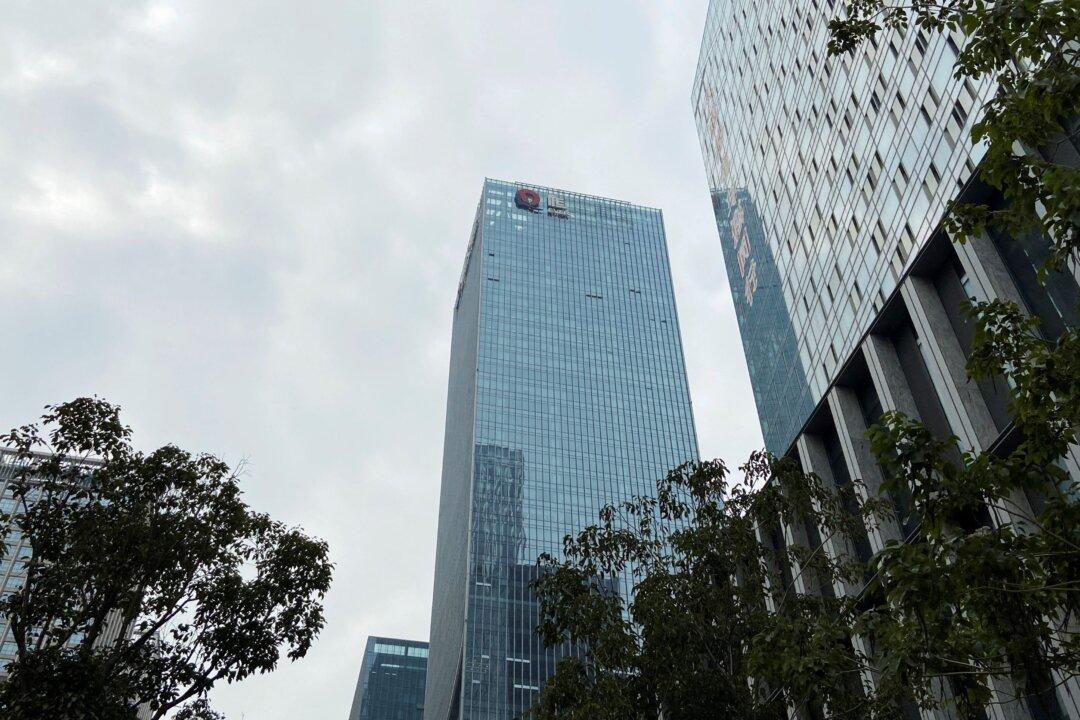HONG KONG/SHANGHAI—China Evergrande Group on Thursday secured a crucial approval from onshore bondholders to delay payments on one of its bonds, as other cash-strapped developers also scrambled to negotiate new terms with creditors to avoid defaults.
Struggling with more than $300 billion in liabilities, sector giant Evergrande was seeking more time for bond coupon and redemption payments to avoid a technical default that would have complicated its politically sensitive restructuring.





